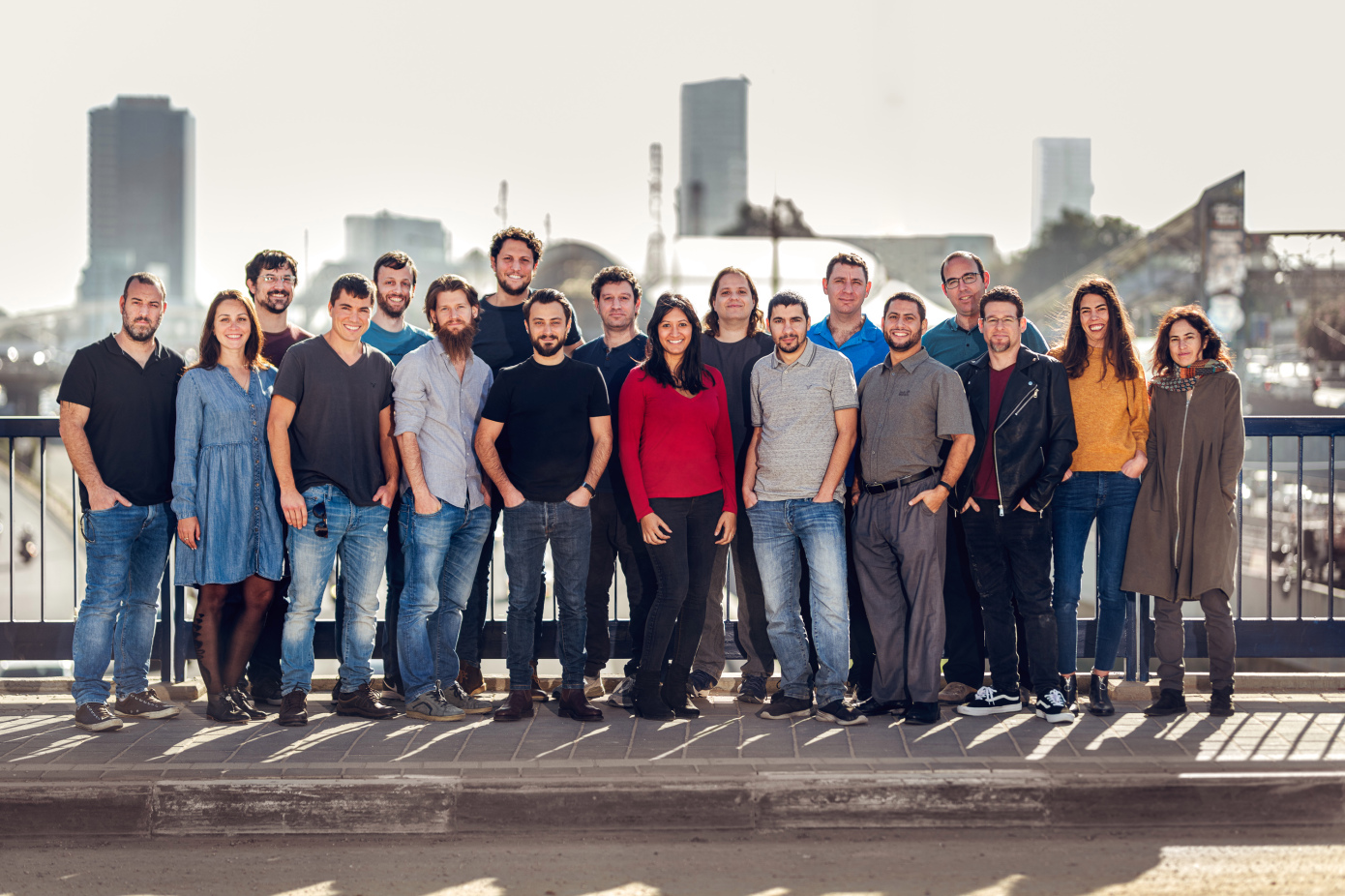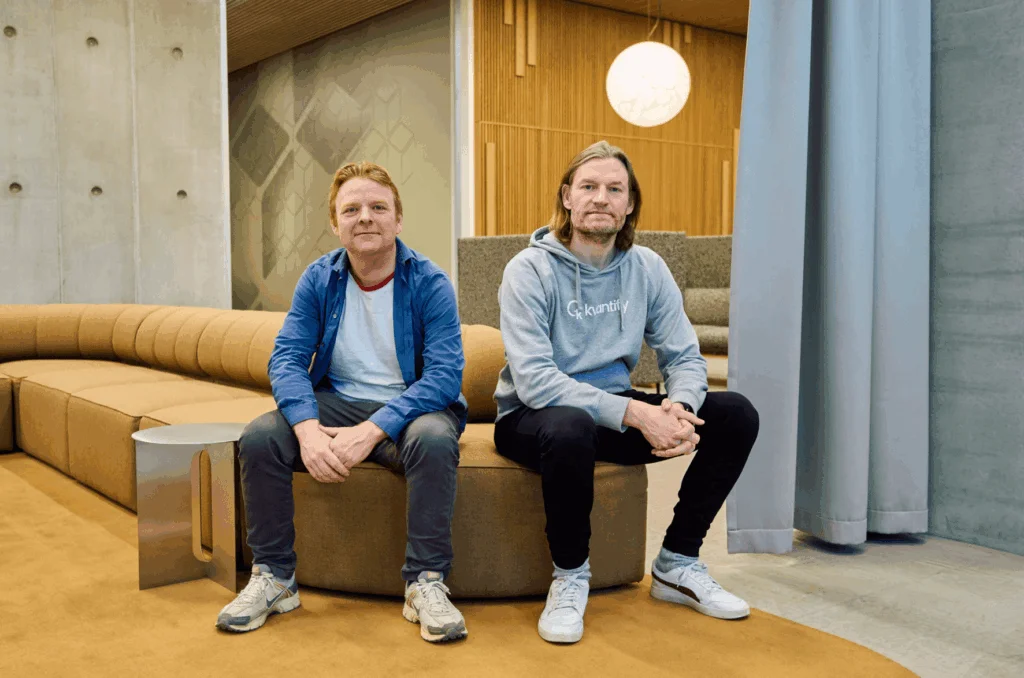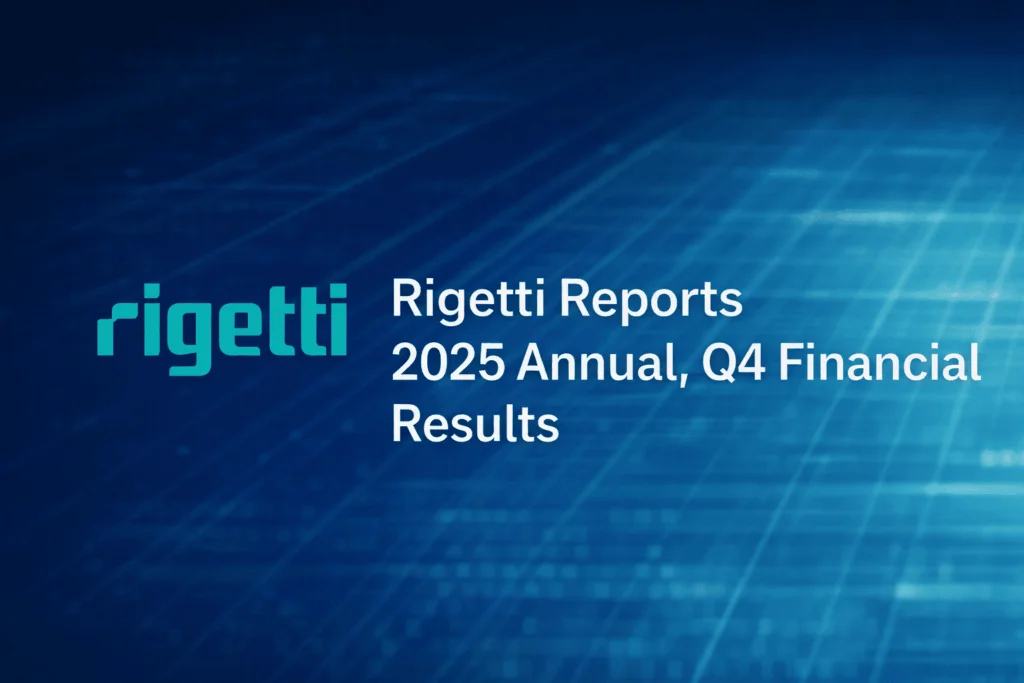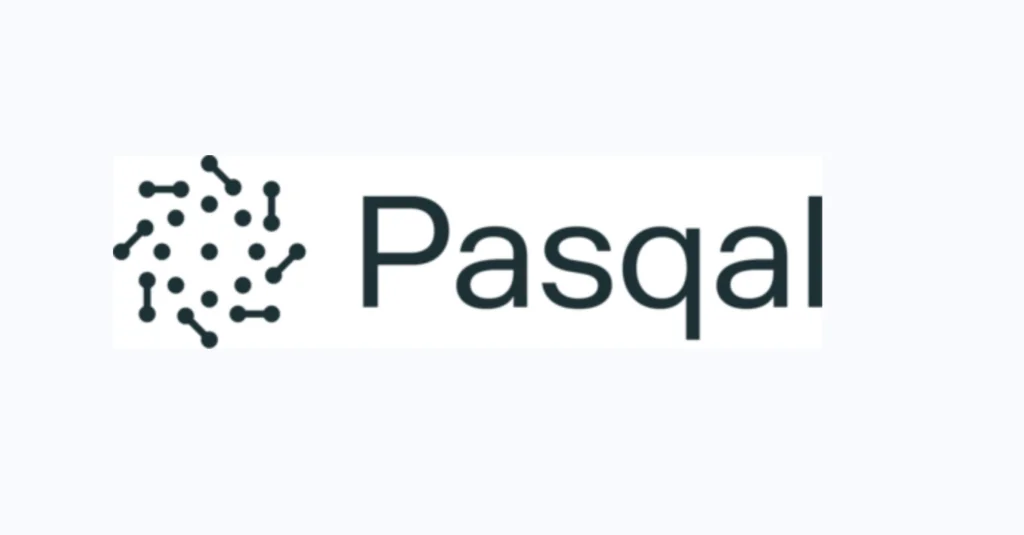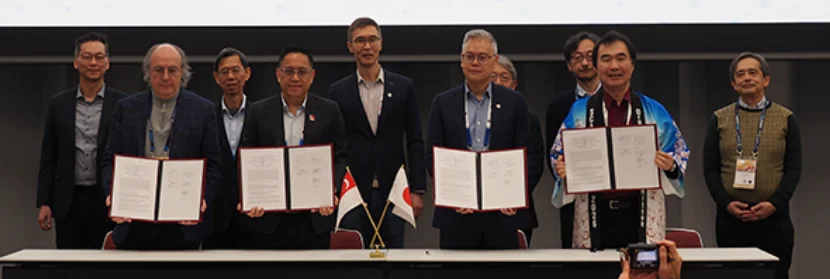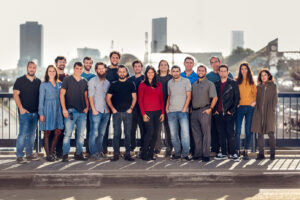
PRESS RELEASE: Quantum Machines, creator of the first universal quantum computing cloud infrastructure, with a consortium of top-European research institutions, today announced the launch of a multi-year project to develop quantum computation with Schrödinger cat states. The project is a radically new approach for quantum computing which will pave the way for an advanced European quantum processor equipped with error corrected qubits.
The 3-year project aims to implement an error-protected qubit and demonstrate the scalability of this approach. The QuCoS project will set the ground towards the ambitious and well-defined goal of constructing a quantum computer that will unleash immense computational power that can be leveraged to benefit multiple industries. The potential of such a computer cannot be underestimated, and its ultimate impact cannot be anticipated.
The project has put a significant focus on crossing traditional boundaries between disciplines to broaden the community involved in tackling these new challenges. As the project’s industry partner, Quantum Machines is on a mission to develop the world’s most advanced quantum computing cloud infrastructure to bring about the biggest computational revolution since the invention of computers. The academic partners for the project include Prof. Gerhard Kirchmair from the University of Innsbruck, Prof. Benjamin Huard from the Ecole Normale Supérieure de Lyon, Dr. Zaki Leghtas from Mines ParisTech and the Ecole Normale Supérieure de Paris, Dr. Ioan Pop from Karlsruher Institut für Technologie, Prof. Mazyar Mirrahimi from the French National Institute for Research in Computer Science and Automation, and Dr. Luiza Buimaga-Iarinca from the Romanian National Institute for Research and Development of Isotopic and Molecular Technologies. The group forms a strong synergistic team with the full range of expertise needed to design and realize these systems and obtain these challenging goals.
While the race towards building multi-qubit processors has intensified over the past few years, a critical building block towards successful quantum computation and achieving a major quantum speedup has prevailed: a high level of protection against errors occurring within these processors.

“It is important to realize that as of now, there seems to be no way around quantum error correction if we want to achieve the full advantage of quantum computers,” said Yonatan Cohen, CTO of Quantum Machines. “Our ambition is first to construct a single highly-robust logical qubit and then a register of a few such logical qubits that demonstrate fault-tolerant logical gates. This is novel and completely unexplored territory and is a necessary step towards the large-scale quantum computers that the industry is shooting for.”
“This project aims to overcome the main obstacle towards quantum computing: decoherence. We will try to build an error corrected qubit with manageable hardware overhead. The outstanding challenge ahead of us is to master the physics of a dynamical nonlinear open quantum system,” said Dr. Zaki Leghtas, Mines ParisTech / Ecole Normale Supérieure de Paris
With the company’s expertise in the development of control systems and cloud infrastructure for quantum computers, Quantum Machines will focus on creating reliable control systems for the different components of quantum architectures, which will be crucial for the long-term goal of large scale quantum computers. The team will help design and implement algorithms on its quantum control system called the Quantum Orchestration Platform. The platform provides a beyond state-of-the-art controller for quantum computers, allowing programming complex quantum control protocols from a software interface and running them on dedicated hardware.
“The talent we have assembled to work on the project is one of the most impressive groups working together today,” said Itamar Sivan, Co-founder and CEO of Quantum Machines. “This research is a massive undertaking that cannot be accomplished by one team alone and instead requires a collection of the brightest minds from across multiple disciplines. We hope that our joint research can bring about meaningful progress and tangible results to the quantum computing industry and help realize faster, more reliable quantum computers in the next few years.”
“The fundamental building blocks for this endeavor have been established by members of QuCoS over the past 10 years. All of us have been collaborating for some time already but this QuantERA project allows us now to work even closer together and make quantum error correction with high coherence cavities a reality,” said Prof. Gerhard Kirchmair, University of Innsbruck
About Quantum Machines
QM’s full-stack Quantum Orchestration Platform enables an entirely new approach to controlling and operating quantum processors. Capable of running even the most complex algorithms – from near-term applications of quantum computers to challenges of quantum-error-correction – the Quantum Orchestration Platform allows users to realize the potential of all quantum processors right out of the box via its powerful, yet intuitive, programming language QUA.
For more market insights, check out our latest quantum computing news here.

